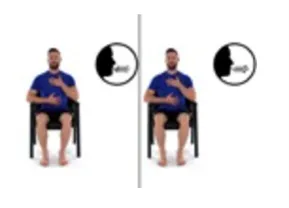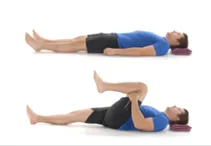You spend about one-third of your life sleeping or trying to sleep. This basic human need is a complex process. Multiple parts of the brain work together to produce signals that prepare the body for sleep.
How aging affects sleep?
As you age, how you sleep changes. Sleep tends to be shorter and lighter, and you may wake up more often during the night. Many older adults don’t sleep well. Factors such as illness, medications, nighttime urination, and pain can make it hard to get a good night’s sleep.
Why is sleep important?
Sleep is important for your body, from the brain, heart, and lungs to protection against disease. It also affects your ability to function during the day. Research shows that over time it can increase your risk of high blood pressure, heart disease and diabetes for example. And a lack of quality of sleep can lead to, problems with memory & mood, increased stress & an increased risk of falls or accidents.
Some common sleep disorders include :-
- Insomnia,
- Restless legs syndrome
- Sleep apnoea which causes you to stop breathing for a few seconds. If you suspect you have sleep apnoea, it’s important to talk to your doctor. Undiagnosed or untreated sleep apnoea can lead to serious health problems.


